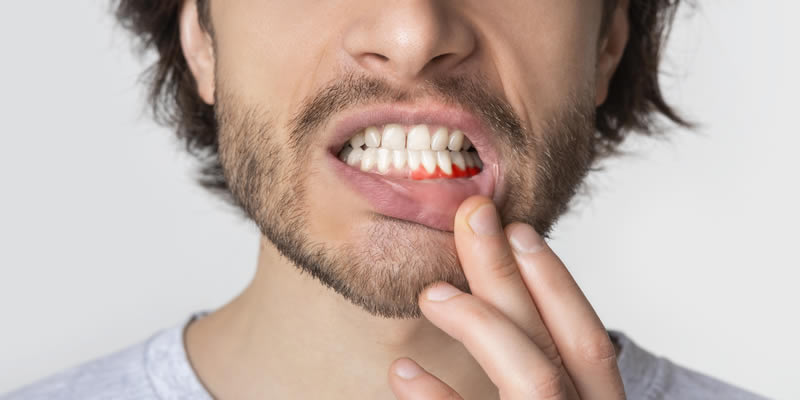Exposure to sun could help reduce COVID-19-related deaths, researchers have said.
An observational study carried out by the University of Edinburgh has shown that sunnier areas have fewer coronavirus deaths.
The team looked at all COVID-19 deaths across America between January and April 2020 comparing different UV levels.
They found areas that had the highest exposure to UVA rays had a much lower COVID-19 death rate compared with places that had lower levels. Their analysis was also repeated in England and Italy with the same results.
They are unsure exactly what role sunlight might play in battling COVID-19, although one theory is it might have something to do with nitric oxide, which the skin produces when it is exposed to the sun’s rays.
Lead researcher Dr Richard Weller, consultant dermatologist and Reader at the University of Edinburgh, said: “There is still so much we don’t understand about COVID-19, which has resulted in so many deaths worldwide. These early results open up sunlight exposure as one way of potentially reducing the risk of death.”
Previous studies have shown how beneficial sun exposure can be on the health as it can help boost cardiovascular health, lower blood pressure and can lead to fewer heart attacks.
The team say due to the observational nature of the study it is not possible to establish cause and effect. However, it may lead to interventions that could be tested as potential treatments.
Professor Chris Dibben, Chair in Health Geography at the University of Edinburgh and Co-author said: “The relationship between Covid-19 mortality, season and latitude has been quite striking, here we offer an alternative explanation for this phenomenon.
Professor Chris Dibben, Chair in Health Geography at the University of Edinburgh and Co-author said: “The relationship between Covid-19 mortality, season and latitude has been quite striking, here we offer an alternative explanation for this phenomenon.”
The research has been published in the British Journal of Dermatology.




